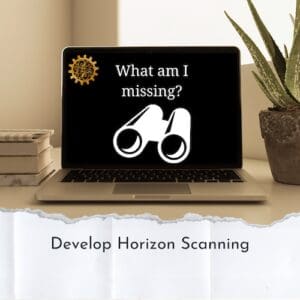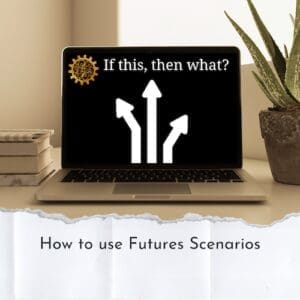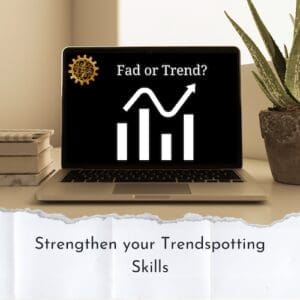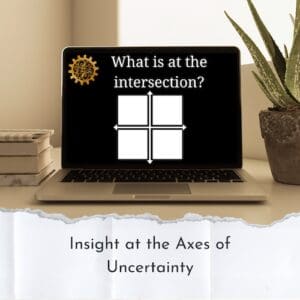What does a Futurist do?
Creating agency over our futures






Futures Thinking is an essential mindset.

It is the only field I know of that is a true ‘meta subject’ – transcending a single subject to incorporate as many other fields as necessary, because no one can assess the future from a limited perspective and hope to have any clarity or any depth to their scenarios. We call it ‘futures studies’ with that extra ’s’, because we truly do not know which of the multitude of futures that we imagine, will actually come to pass.
Futurists do not pretend to predict the future. Our job is not to wave wands and make magic happen, nor is it to peer into crystal balls and tell tall tales about meeting handsome opportunities in dark alleys.
What we do is equip people with awareness, tools and insight so that they can prepare their circle of influence to cope with, respond to, and at best, influence their field. Since we are going to live the rest of our lives in the future, and we are hoping to leave positive legacies for others, then it is best we get an understanding of it, and see how our current decisions, or current apathy, play out in time.

Futures studies, foresight, and related disciplines, are very serious fields of study. We might be playing a little with the concept when we dress up in Steampunk and role play a little, but that does not mean that we do not take the work seriously and apply appropriate standards to our approach. The Steampunk theme is designed to help us disengage from our own automatic assessments of the future while processing some new concepts. During the workshop, delegates will have the opportunity to return to some of their own real world issues and see if they can integrate the learned concepts with their own experience.
In the past, we have paid appropriate respect to issues of history, believing that a good analysis of what transpired before, will answer questions relating to the future. While there are some evident lessons and some cycles that we are still part of, human experience has accelerated so rapidly that what we face tomorrow has no fore-shadowed lesson in yesterday.
That is why a careful look at these issues will begin the process of equipping ourselves, our colleagues and our organisations, to be more prepared for the future.
We look at three approaches to the future. We can create it, we can journey through it and there are of course people we know who simply endure it.
